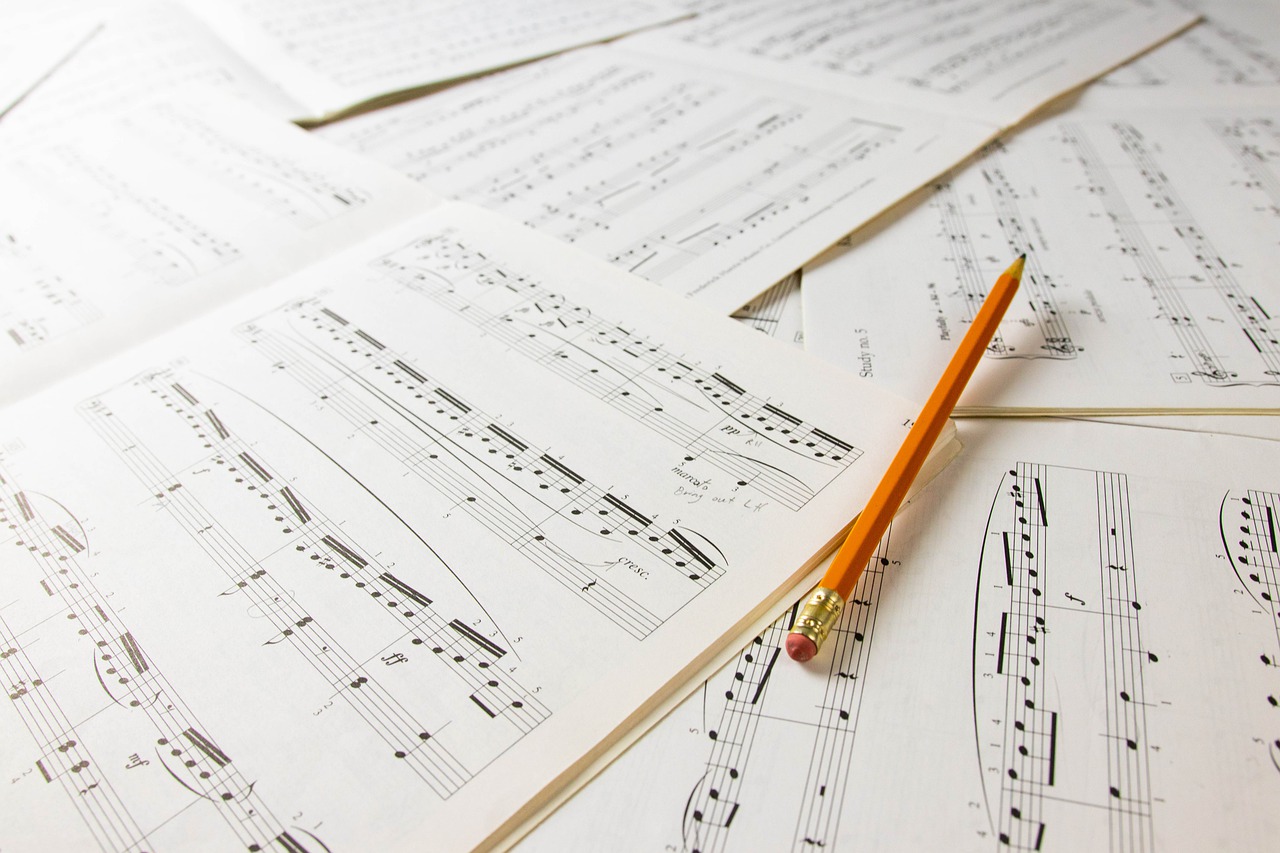
Learning to play chords for your favorite songs is an exciting journey that opens up a world of musical possibilities.
Whether you’re a beginner who wants to learn more info about song chord guides or an intermediate guitarist who has fundamental knowledge of music, understanding how to learn chords properly is essential for creating harmonious melodies and mastering your instrument.
In this article, we’ll delve into effective strategies and tips to help you navigate the chords of songs with confidence and finesse.
Start with the Basics
Begin your chord-learning journey by mastering the fundamental chords. Familiarize yourself with open chords like C, G, D, E, and A. These chords are the building blocks of many songs and serve as an excellent foundation for more complex chords.
Use Chord Charts and Diagrams
Chord charts and diagrams are invaluable tools for visualizing finger placements. Online resources, chord books, or apps provide a wide range of chord charts that display finger positioning and chord variations. Utilize these references to ensure you’re playing chords accurately.
Practice Proper Finger Placement
Correct finger placement is crucial for clean and melodious chords. Ensure each finger is pressing down on the appropriate string with adequate pressure. Aim for clarity in each note of the chord to achieve a rich and resonant sound.
Transition Smoothly Between Chords
Many songs require transitioning between chords swiftly. To master this skill, practice switching between two chords repeatedly until the movement feels fluid. Gradually introduce more complex chord progressions as you become more proficient.
Learn Common Chord Progressions
Songs often follow specific chord progressions. Familiarize yourself with common progressions like C-G-Am-F or D-A-Bm-G. Recognizing these patterns will make learning new songs quicker and easier.
ALSO READ: Symphonies of Survival: How Music Enhances Wildlife Animal Fight Documentaries
Play Along with Songs
Learning chords becomes more enjoyable when you apply them to your favorite songs. Play along with recordings of songs you love. It helps improve your timing, rhythm, and understanding of how chords fit into the music.
Experiment with Strumming Patterns
Strumming patterns add depth and dynamics to your chord-playing. Experiment with various strumming patterns to match the song’s mood and rhythm. Practice strumming techniques to enhance your overall performance.
Train Your Ear
Developing your ear for music is essential. Try to identify chord changes and progressions when listening to songs. This skill will help you play by ear and even compose your music.
Seek Guidance and Feedback
Consider taking lessons from a guitar teacher or joining a music class to receive professional guidance. Alternatively, you can record your playing and seek feedback from fellow musicians or online communities.
Stay Patient and Persistent
Learning chords and perfecting your skills takes time and dedication. Don’t get discouraged by initial challenges. Stay patient, practice regularly, and celebrate your progress along the way.
Conclusion
Mastering song chords is a rewarding endeavor that empowers you to express yourself through music.
By starting with the basics, using helpful resources, practicing diligently, and continuously challenging yourself with new songs and techniques, you’ll become a proficient chord player.
Remember that the key to success is not just in learning chords but in enjoying the journey of creating beautiful melodies with your guitar.

